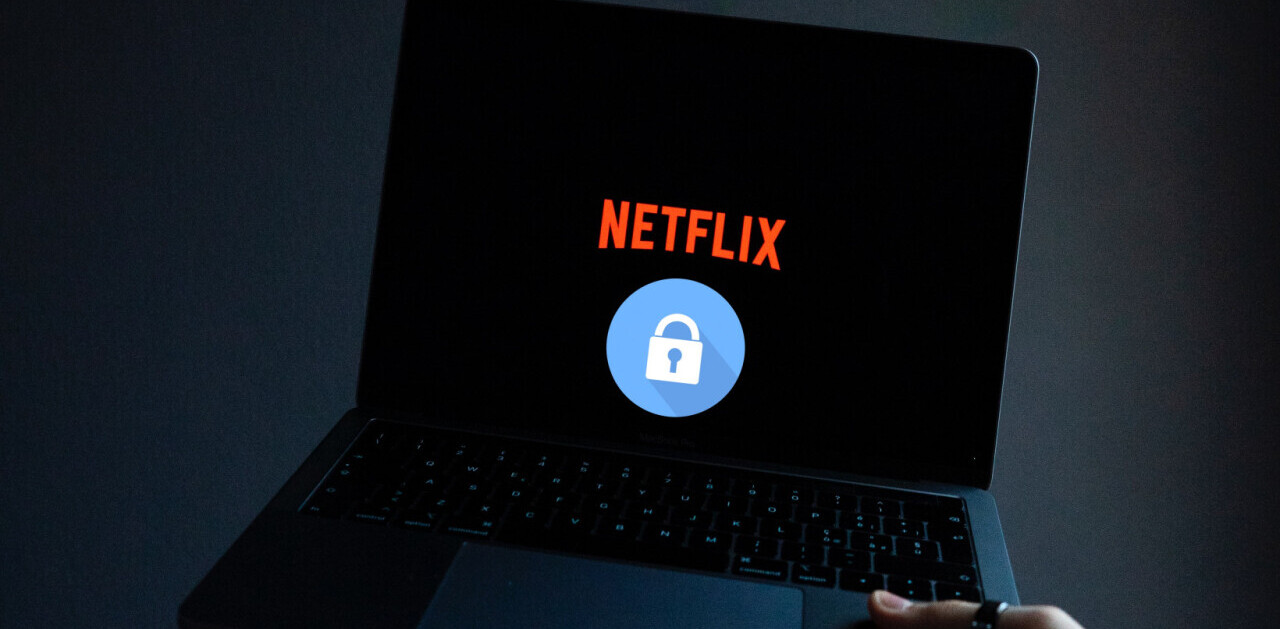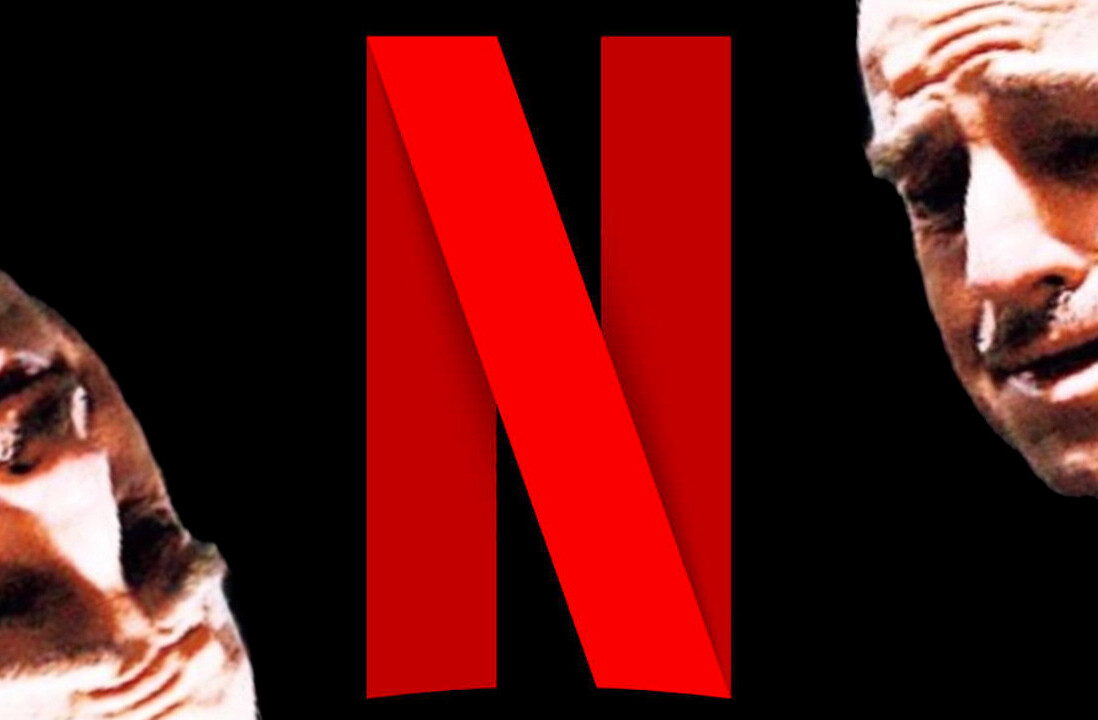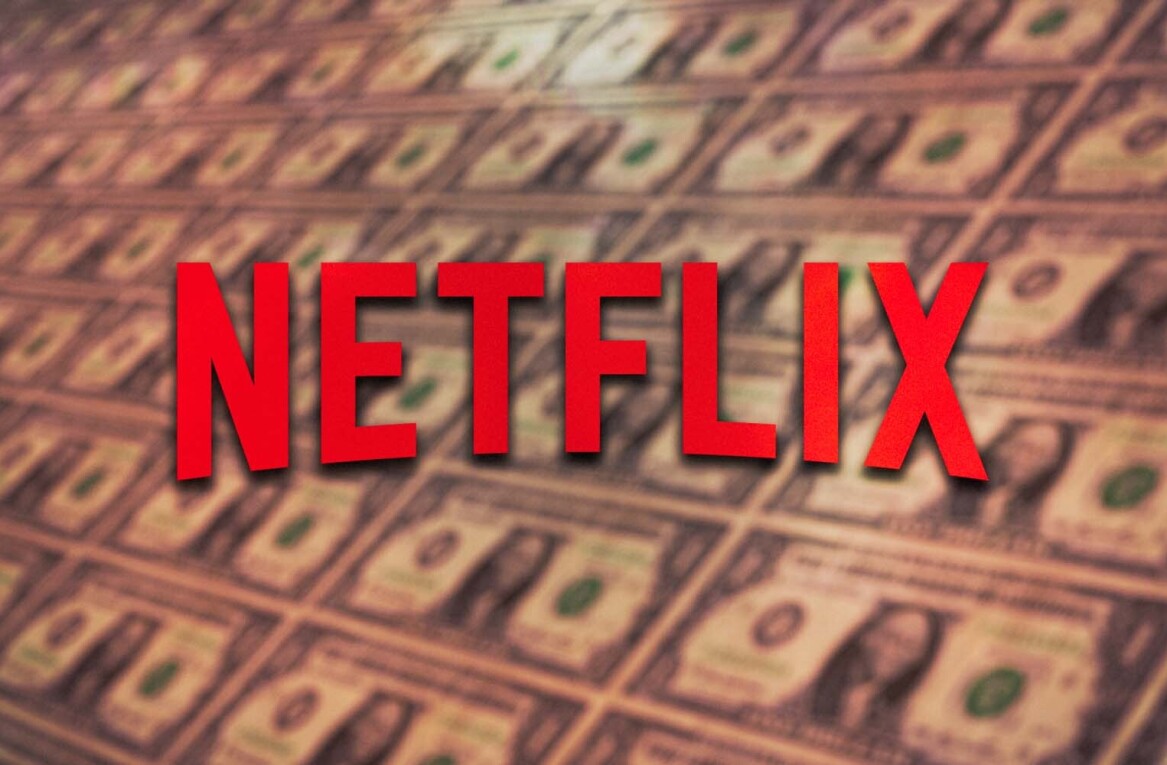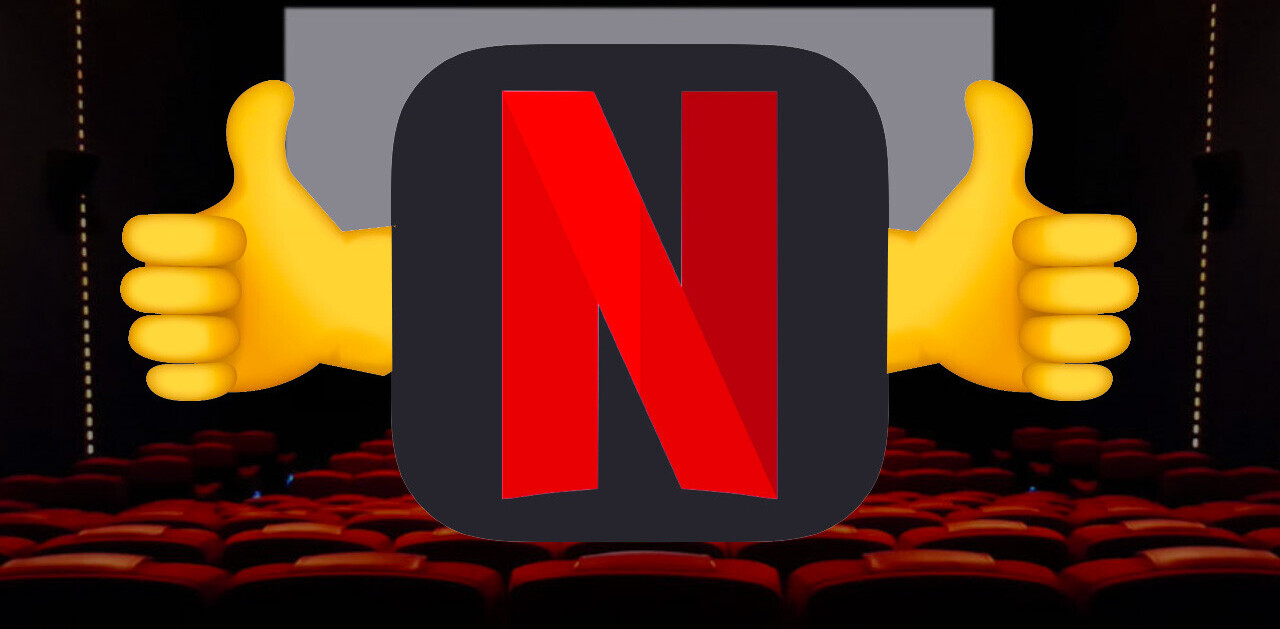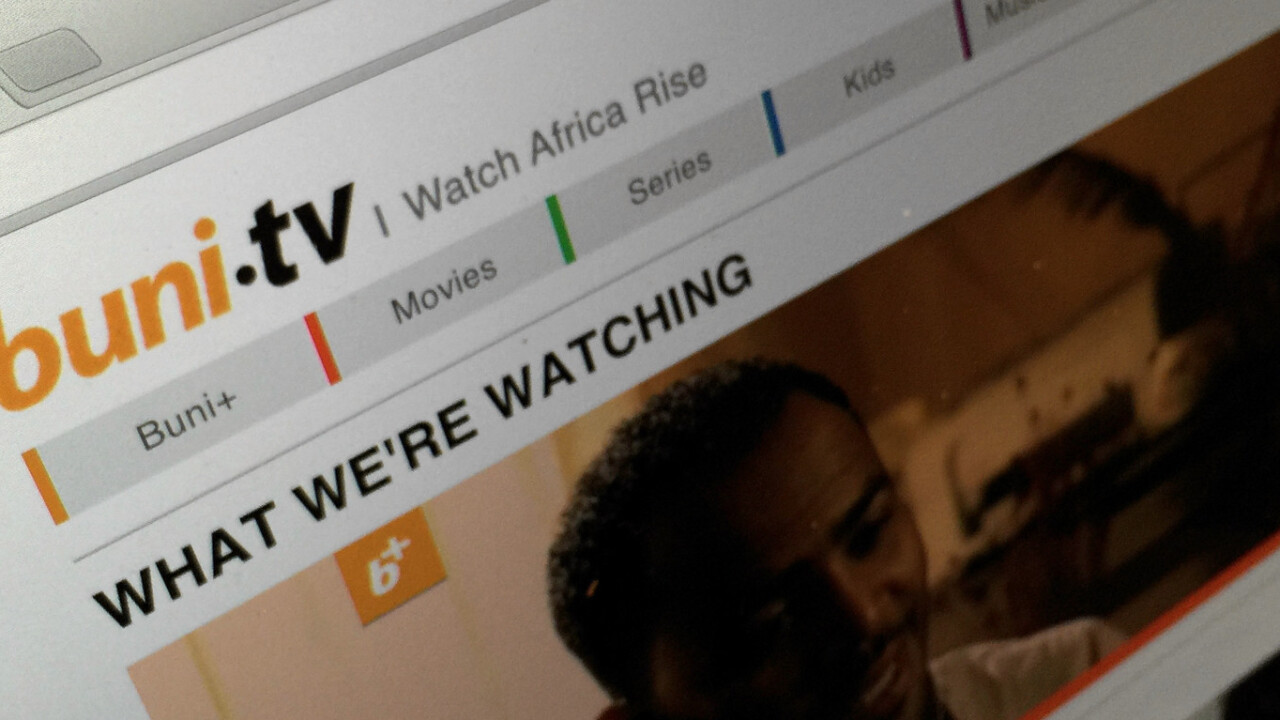
Global data use through the consumption of video is set to increase by around 55 percent per year until the end of 2019, according to research by Ericsson, while in Africa video is the fastest-growing internet activity. Yet it is smaller companies that are leading the field in the growth of video on demand (VoD) platforms on the continent, with larger African firms playing catch-up while a launch for global giants such as Netflix is still some way off.
Another report, released at the end of last year by broadband network solutions provider Sandvine, said the growth of video was expected to be faster in Africa than any other region, with the African market unique globally as most users are connecting to the internet for the first time through mobile devices rather than fixed networks.
This growth has not been lead by multinationals or even African pay-TV companies, with the innovations on the continent instead coming from startup companies in countries such as South Africa, Kenya and Nigeria. Rather, the larger firms seem to have only just awoken to the opportunities of VoD.
South African pay-TV giant MultiChoice only this year began accelerating its multi-screen strategy. South African operator Telkom launched a VoD tender in February but withdrew it in May. Times Media Group, owner of a range of newspapers and other media assets, has made the most progress, and will this month launch its Vidi service. There were unfounded rumours earlier this year Netflix was set for an African launch, but that seems a way off.
Little guys leading the charge
Instead, the African VoD space is led by first-to-market startups such as iROKOtv, Wabona and Buni.tv, all of whom see the opportunities for VoD in offering easy access to the content Africans desire at a cheaper rate than pay-TV platforms. Jason Njoku, founder and chief executive officer of iROKOtv, told TheNextWeb a recent poll by his company had revealed 80 percent of its viewers did not have access to pay-TV due to prohibitive costs.
“VOD is far more accessible, it is considerably cheaper and it can be watched on the go, which considering the burgeoning mobile market – set to hit 600 million handsets in Sub-Saharan Africa by 2020 – is critical, as the mobile phone will be the dominant hardware of choice for accessing content,” he said.
Wabona co-founder Simbarashe Mabasha agreed the increasing penetration in smartphones and more affordable data offered VoD services such as his a significant opportunity.
“It’s a bit crazy at the moment in African VoD as the fundamentals of the space are not changing that quickly. That is to say internet data costs and access to high speed internet in Africa is still prohibitive for the majority of Africans,”Mabasha said. “However, the migration to smartphones from feature phones is moving much faster than many anticipated. So mobile operators are moving towards more affordable data. These operators are also becoming content or at least trying to become content providers.
“I contend that we are in an African VoD platform bubble and project that there will be major consolidation in the next 3 years,” Mabasha adds.
Marie Lora-Mungai, CEO of East African VoD service Buni.tv, said the demand for content coupled with increasing internet access means there is plenty of room for services such as Buni.tv, iROKOtv and Wabona.
“The immense demand for content – local and international – is still far from being met. There are one billion people in Africa, some 300 million of which have or will soon have broadband internet access,” she said. “Pay-TV services like DStv only service about 8-to-10 million households, meaning that there is plenty of space for growth for OTT services like Buni.tv.”
Njoku puts the success of iROKOtv down to its focus on Nigeria’s huge Nollywood film industry, the first such company to do so. “Before we entered the space, no-one else had focussed their attention as intensively was we did on digitising and systematically categorising Nollywood’s huge and ever-growing catalogue,” he said. “Being first to market was absolutely critical for us because it meant that we captured people’s imaginations and, more importantly, the early adopters of VoD on the continent.”
Mabasha considers companies such as his to be at the “vanguard” of new media in Africa. “We are the first movers in trying to disrupt how African audiences consume African video content. The internet has been the spearhead in this endeavour and thus has allowed us to move faster than traditional video content businesses,” he said.
It could be that there is more space currently than there will be in the future, however, with more established firms launching or considering online content, and, however unlikely it is, a potential Netflix launch in Africa still discussed by many. Mabasha is not concerned.
“With all due respect big companies are not hotbeds of innovation. Therefore innovation is left to the daring entrepreneurs who take up the challenge of solving problems that many can’t see and/or don’t care about,” he said. “Big companies catch up last and prefer to buy innovation than create innovation. VoD for many is too risky, big companies only see the downside, which, in my personal view, is more fear than an actual problem.”
Lora-Mungai says it is less a case of big companies lagging behind but rather the fact African VoD is still in its infancy compared to elsewhere in the world.
“What you have to realise is that the VoD market in Africa is still in its infancy stage. It is very, very early still,” she said.
Where’s Netflix?
This is one of the reasons why a Netflix launch on the continent is unlikely anytime soon, with more developed markets offering more attractive propositions, at least for now.
“It doesn’t make any business or financial sense for a company like Netflix to invest in Africa when they still have to fully exploit the Latin American and European markets, where they can actually immediately make hundreds of millions of dollars in revenue,” Lora-Mungai said. “And we’re not even talking about Asia. Africa is at the very bottom of this list and will remain there for a while.”
Mabasha and Njoku share the same sentiments. “Netflix coming to Africa is more fantasy without founding,” said Mabasha. “Mr Hastings and his team at Netflix first have to enter Western and Eastern European markets, Asia and Australia before considering Africa. The fundamentals of our industry are still not where they should be to entice Netflix or Hulu. Another issue is the hegemony that is Naspers, which through its DStv service has an iron grip on Hollywood content rights, which is Netflix’s bread and butter.”
Njoku says: “Nollywood is a strange entity, in that it has a chaotic form of distribution, which is one of the reasons why it has perhaps not seen success with a more international audience. On so many levels, the industry is particularly informal – deals are done face-to-face, on a day-to-day basis, so for a company such as Netflix, I can only imagine that it would be a challenge for them to access the best content.
“Also, whilst Netflix is such a dominant VoD player, they still have new territories in the West to conquer, before they set their sights on Africa,” adds Njoku.
For Lora-Mungai, this is a chance for her company to establish itself before such new competition arrives.
“There is an opportunity for African companies to build something and learn about the market before Netflix and others arrive to compete. For us African VoD is a 10 year play.”
Image credit: JONATHAN NACKSTRAND/AFP/Getty Images
Get the TNW newsletter
Get the most important tech news in your inbox each week.





